How to Bring Your Family to Canada? |
An In-Depth Guide!
Home » All You Need to Know About Immigration to Canada » How to Bring Your Family to Canada? | An In-Depth Guide!
Basic Requirements For Canada Family Sponsorship
TO BE A SPONSOR:
- Your age must be at least 18 years old.
- You must be a Canadian citizen, a permanent resident, or a person who is registered as an Indian in Canada under the Indian Act.
- You must sign a sponsorship agreement with your sponsored relative, in which you commit to providing financial support if necessary. Furthermore, the agreement stipulates that permanent residents will make every effort to support themself.
- Sponsors may be expected to assume more responsibilities according to the individual they sponsor.
WHO YOU MAY SPONSOR:
- Couples, common-law partners, or spouses
- Parents, grandparents, and dependent children
- Under 18-year-old orphaned siblings, nieces, nephews, granddaughters, and unmarried grandchildren
- Other relatives of any age or relationship, but only in certain circumstances; some accompanying relatives of the above
YOUR RESPONSIBILITIES AS A SPONSOR:
When you sponsor your family to immigrate to Canada to become a permanent resident of Canada:
- You stay within budget
- In writing, agree to provide financial assistance to your relative and any other eligible relatives accompanying them:
- starting on the day, they become permanent residents.
- For up to 20 years (depending on how old they are and how closely you are related)
The sponsoring individual must sign a contract promising to work hard to support themselves. Sponsored dependent children aged 18 and up are included in this category.
This agreement does not need dependent children under 19 to sign it!
Quick Links:
Who is Not Eligible to Sponsor?
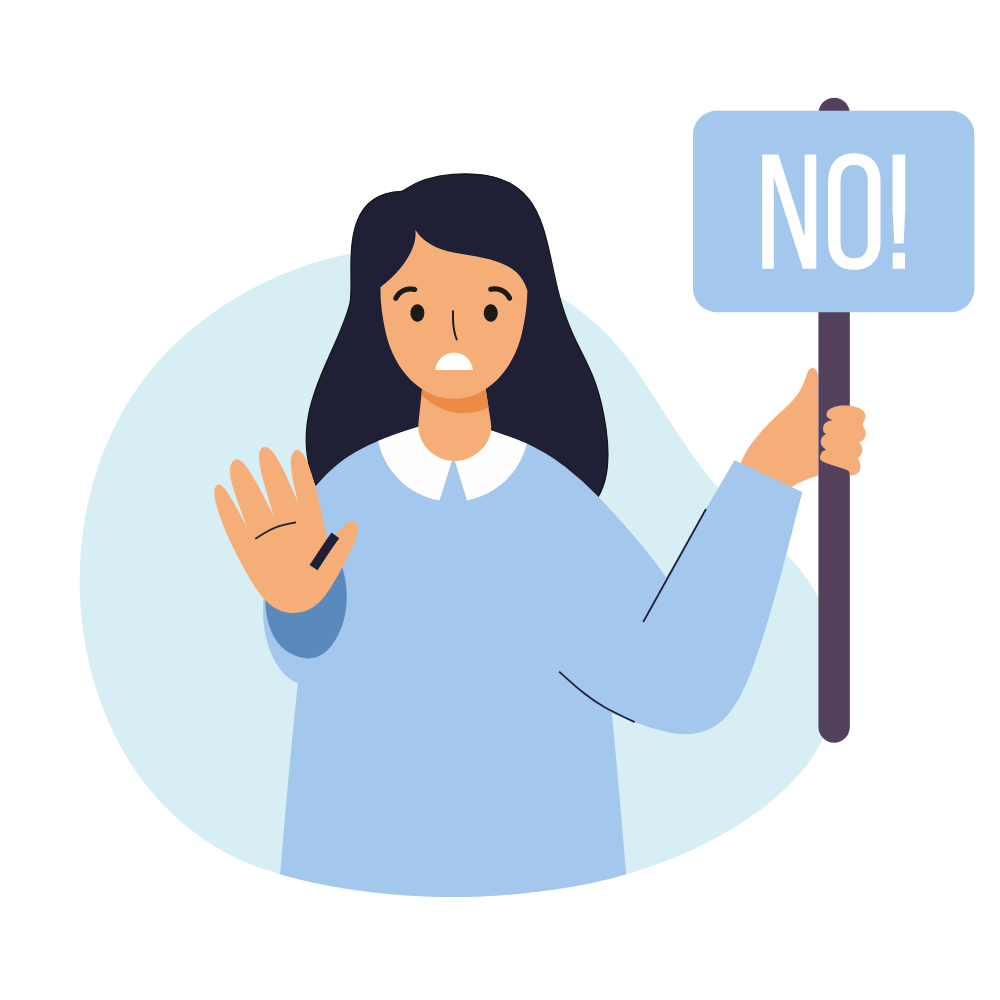
You may not be qualified to be a sponsor if you do any of the following:
- Previously failed to follow the requirements of a sponsorship agreement,
- Failed to pay alimony or child support despite a court judgement
- Need social assistance (Not due to disability!)
- Were found guilty of:
- a sexual offense,
- a violent crime,
- physically harming a relative through crime or attempting to commit one of these crimes
- Have defaulted on an immigration loan, have made late or skipped payments
- You are in prison
- Have entered bankruptcy that has not yet been dismissed a great amount of time.
Discovered that Family Sponsorship is not for you? No worries, there are many other ways to immigrate to Canada.
Canadian Family Sponsorship for Spouse, Partner, or Child
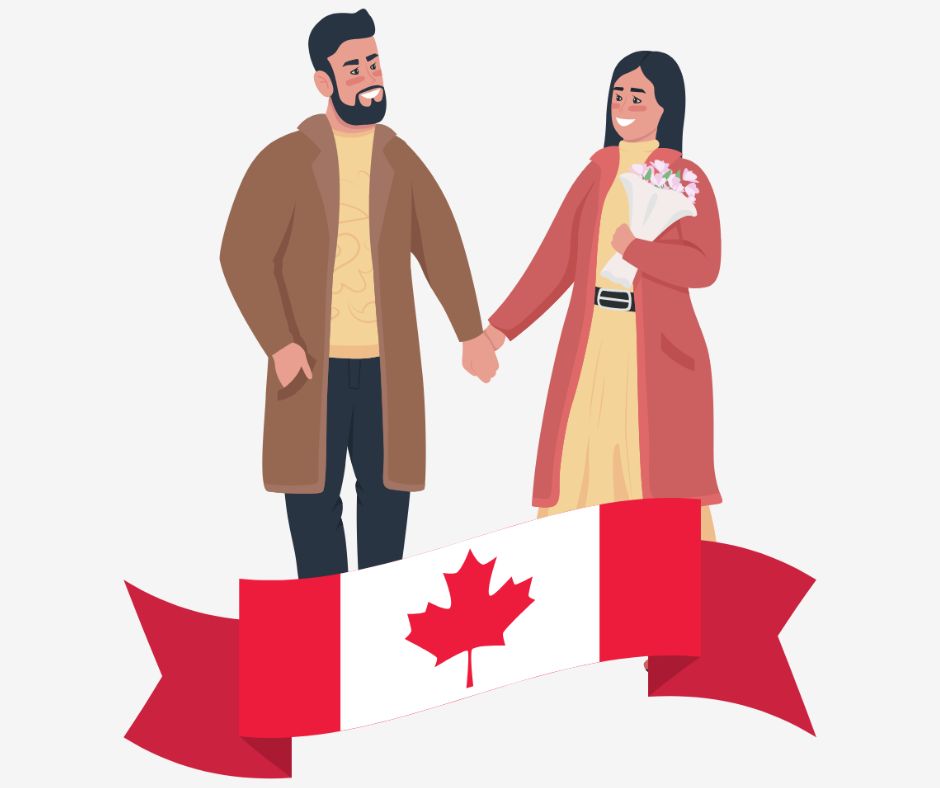
You are allowed to sponsor your:
You can sponsor your spouse (wife/husband) if you are legally married and both are over 18 years of age.
A person who has been in a conjugal relationship for at least 12 months is a common-law partner, whether opposite-sex or same-sex. Y
You’ll need proof that you and your common-law partner have combined your resources and begun a family.
These couples are either of opposite-sex or same-sex and have been unable to live together due to circumstances beyond their control. Hence, they are not qualifying as common-law partners or spouses.
You can sponsor your child or a spouse’s or partner’s child. They are considered dependent if they are under 22, aren’t married, and don’t have a common-law partner.
If a person is over 22 and has a mental or physical condition that prevents them from supporting themselves, they are still considered dependent.
Canada Family Sponsorship for Other Relatives
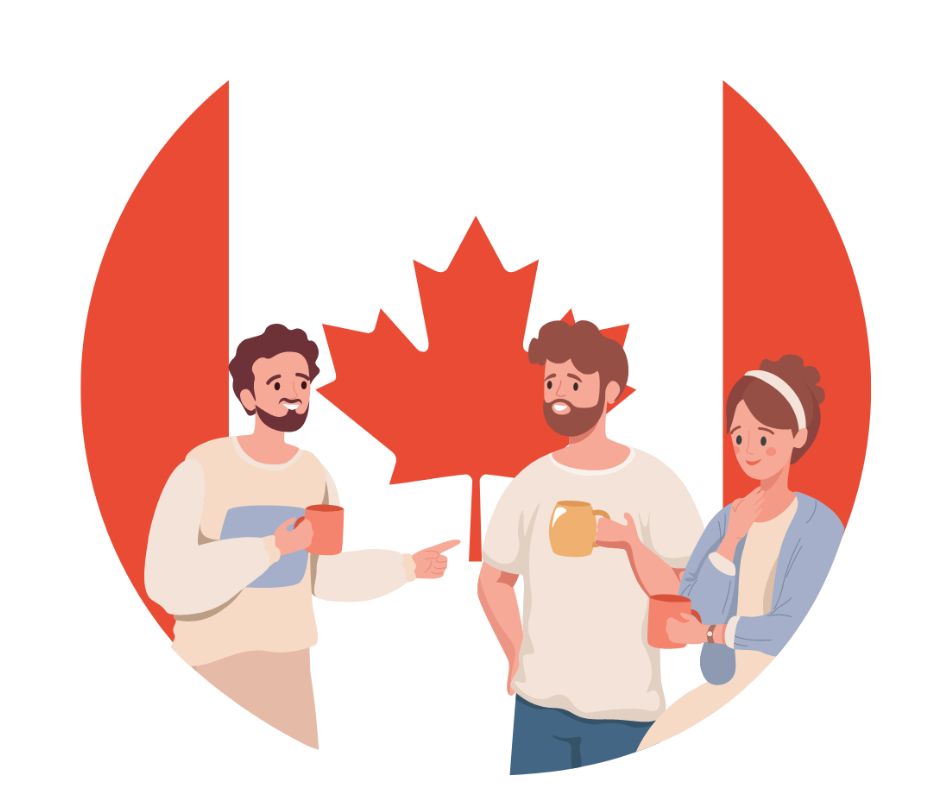
You can sponsor other relatives in addition to your spouse/partner or parent/grandparent. These are some of them:
Through sponsorship, most people support their spouses, partners, parents, or grandparents. You now have two more sponsors to choose from.
RICCI says that if you meet all the following criteria, you can take in an orphaned brother, sister, niece, nephew, or grandchild:
- They are your blood related or adopted relative
- They are under 18 years of age
- Their relationship is not marital, nor are they married or living together.
- There is no longer a parent for either of their children.
According to IRCC, you will not be permitted to sponsor this family member if any of the following conditions apply:
- There is a parent who is still alive for them.
- Their parents’ whereabouts are unknown.
- Their parents abandoned them.
- Someone else is caring for them while one or both of their parents are still living.
- If the parents (Both or one!) are imprisoned or otherwise detained.
Under the “last remaining relative” exception program, you can sponsor your relative.
However, if you don’t have relatives in Canada that are:
Citizens or residents of permanent residence
A spouse or common-law partner
Parents/grandparents, siblings, nieces/nephews, aunts/uncles
Regardless of age, this program permits any relative (blood or adoption) of a permanent resident or citizen of Canada to sponsor them.
Furthermore, the person sponsoring shouldn’t have any other family person outside of Canada.
Keep in mind that if you are sponsoring your relevant, you should be financially strong enough to support and take care of that relative appropriately.
You must include the spouse, partner, or dependent children of the relative you are sponsoring on the same sponsorship application.
There is no direct sponsorship program for friends of Canadian citizens or permanent residents. Permanent residents or Canadian citizens may apply for a guest visa if their friends are from a non-visa-exempt nation.
If you are applying for a visa, then please provide a letter of invitation from a Canadian friend.
To apply for a temporary residence visa from outside of Canada, mail this letter to the Canadian embassy or consulate.
An officer requires several criteria to examine an application before issuing a visitor’s visa, so a letter of invitation does not guarantee one.
Immigration, Refugees, and Citizenship Canada lists which countries’ citizens require a visitor visa to enter Canada.
By sponsoring refugees from other countries through the program for private sponsorship of refugees, you can also assist refugees from other countries.
Your work aims to support the refugees throughout the sponsorship period. The program includes financial assistance with housing, clothes, food, and social and emotional support.
The government of Canada has also signed sponsorship agreements with several groups to assist refugees from other countries with their resettlement in Canada.
The government of Canada has also signed sponsorship agreements with several groups for refugees independently or collaborating with others in the community.
How to Apply for Canada Family Sponsorship?
The sponsoring application goes through 2 phases. Your family applies for permanent residence, and you apply to sponsor them. IRCC must receive both applications at the same time.
The following are IRCC’s instructions for preparing and submitting your application:
Make sure that you and your family fulfil the eligibility requirements.
Make sure your relatives and their immediate families (if appropriate) undergo health and security examinations.
Follow the directions in the application guides carefully and include all documentation and evidence requested.
Provide proof of income and sign legal documents giving your relative financial support upon their arrival in Canada.
Truthfully answer all questions and submit your application.
Pay all mandatory fees.
What to Do After Applying for Canadian Family Sponsorship?
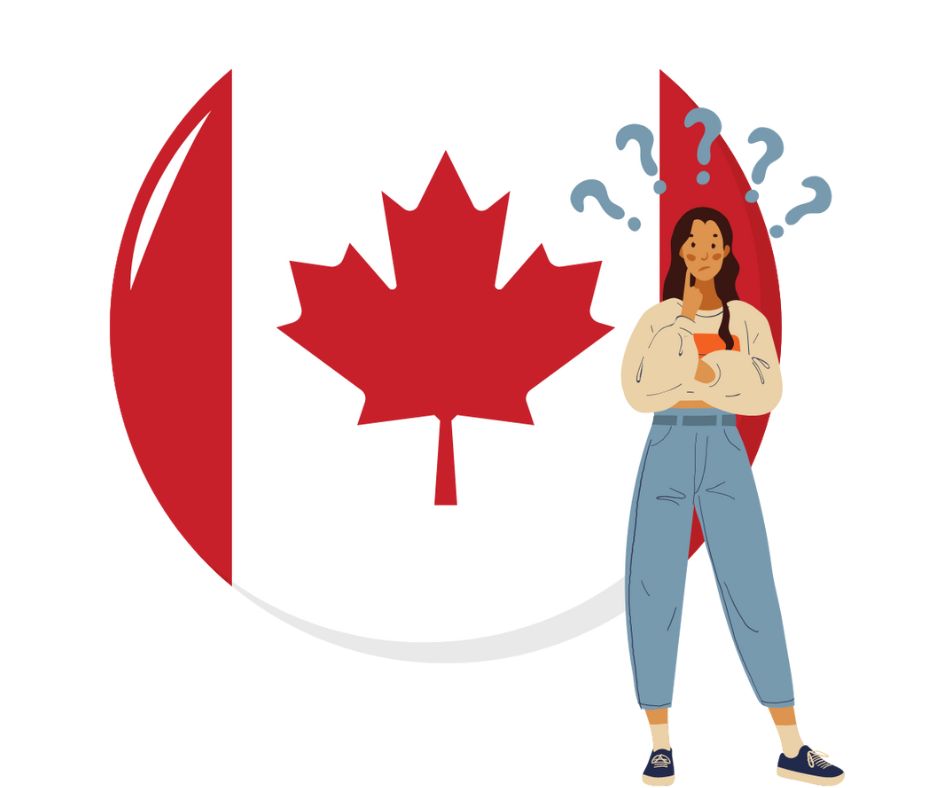
Once the Canadian immigration officials start working on your application, they will:
Once the Canadian immigration officials start working on your application, they will:
- Provide you with an acknowledgment of receipt letter with an application number,
- Determine your sponsorship eligibility,
- Determine if the individual you’re supporting fits the permanent residency requirements.
Your sponsorship application will be reviewed by the Canadian government and returned to you if:
- It’s incomplete
- It’s missing sponsorship and processing fees
- Potential sponsor or the sponsored relative are found ineligible
In these cases, make sure to revise the application, pay all necessary fees and apply again, if possible.
It’s better to consult an immigration agency to avoid potential mistakes and therefore a refusal of your application.
